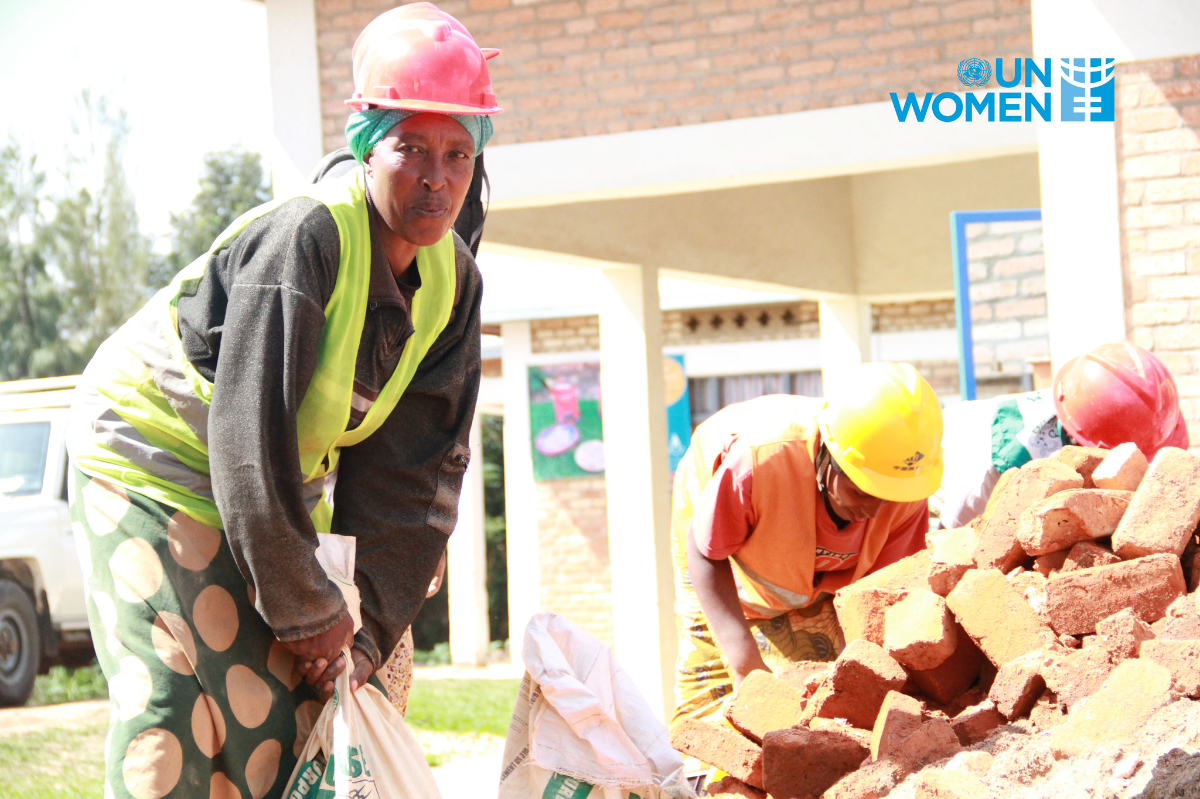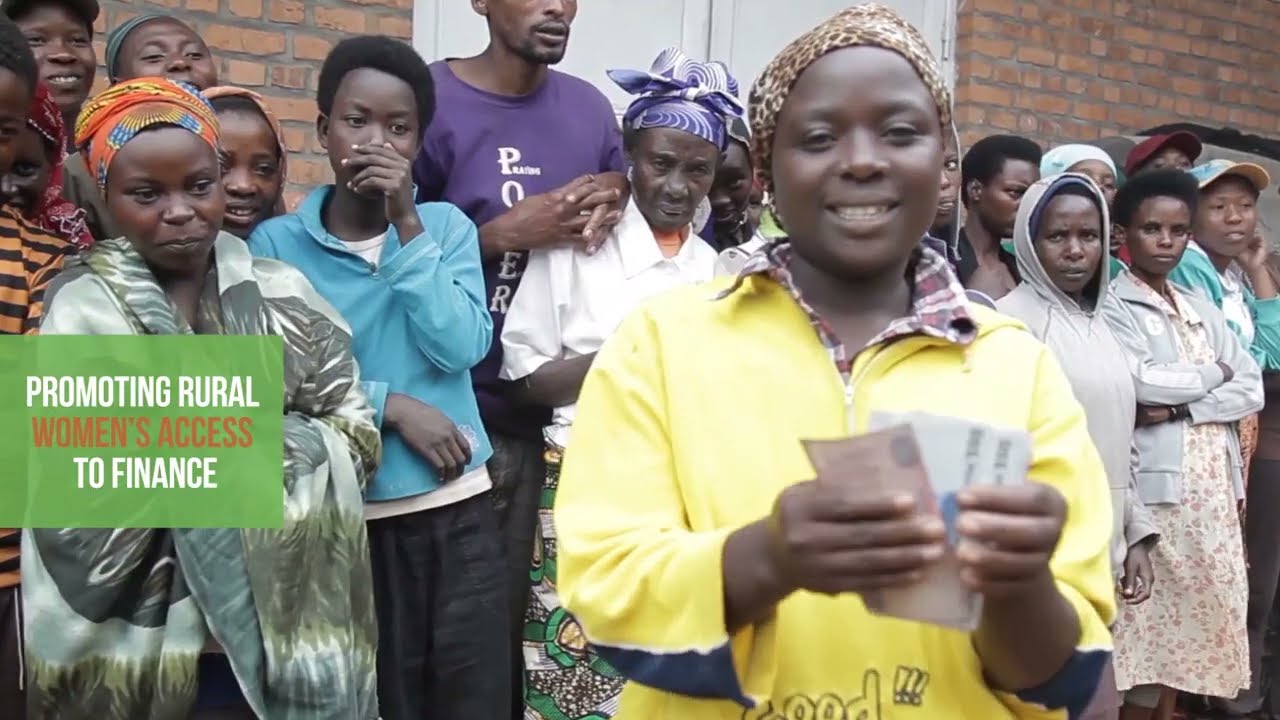
Rwanda: Women’s Economic Empowerment

Women’s economic empowerment is central to realizing women’s rights and gender equality and is a prerequisite for inclusive and equitable economic growth. Investing in girls and women creates a ripple effect yielding intergenerational benefits, not only for individual women, but also for families, communities, and countries. Women who have more control over household resources tend to spend more on food, better health, and schooling for their children, increasing the living standards and productivity of the household.
Available statistics indicate that women in Rwanda are making an important contribution to the country’s economy particularly in the agricultural sector where they account for 79 per cent of the labor force. But women farmers have been consistently less productive than male farmers. Despite the statutory reforms that have strengthened women’s ownership rights, discriminatory social and customary norms and limited decision-making power at the household level, constrain women’s ability to control land and income produced from it. Women’s gains from agriculture are also undermined by limited access to key agricultural inputs: improved seeds, technology, extension services, finance and higher value markets. Closing the gender gap in agriculture through informed investments that remove these barriers represents a huge opportunity for women’s empowerment, economic development and societal resilience.
